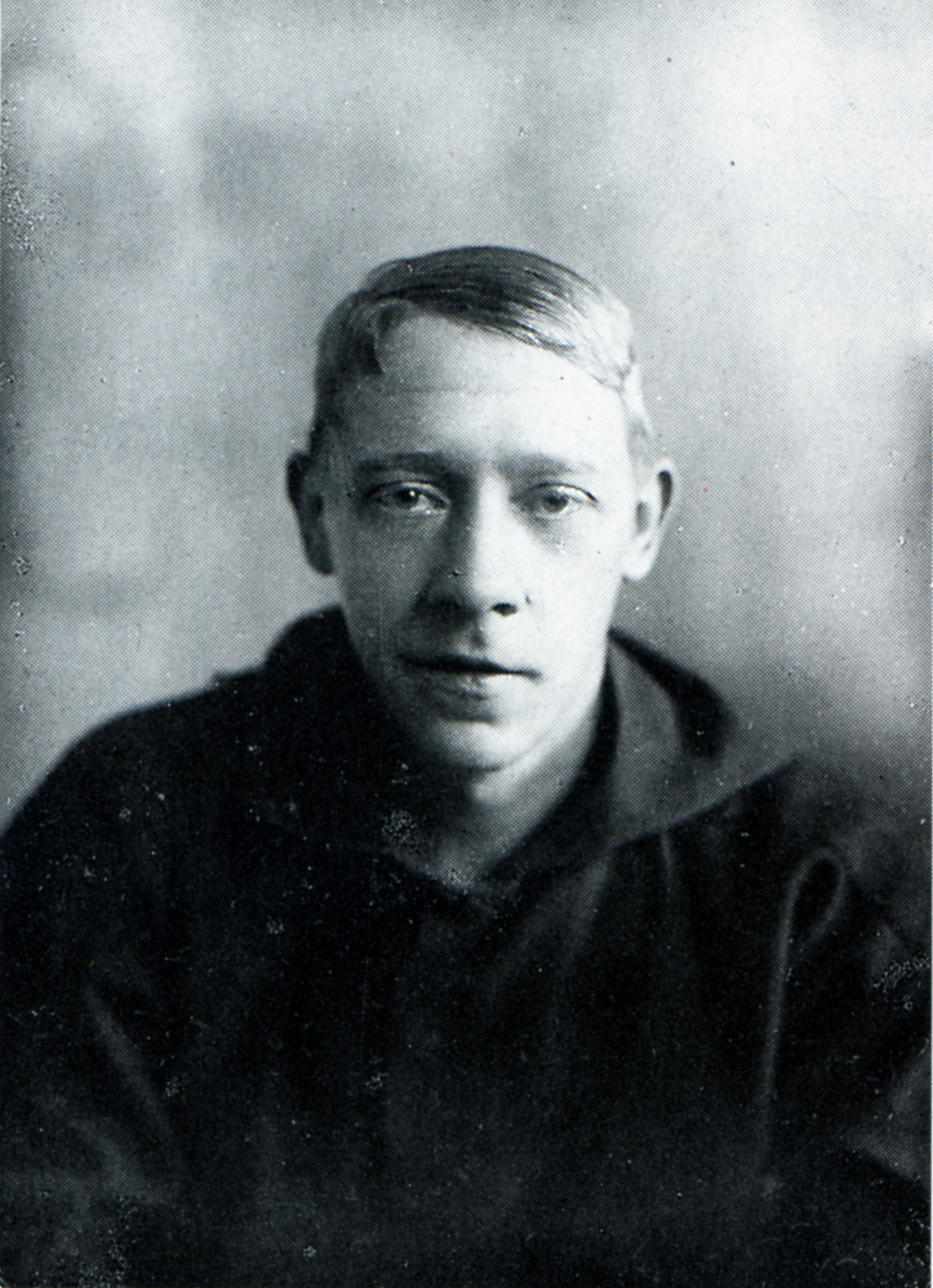Quoted from a biographical note written by Tatlin in 1929, published in Tatlin', Weingarten; Kunstverlag Weingarten, 1987), p. 328; as quoted by Vasilii Rakitin, in The great Utopia - The Russian and Soviet Avant-Garde, 1915-1932; Guggenheim Museum, New York, 1992, p. 34
Quotes, 1926 - 1954
Vladimir Tatlin: Frases em inglês
quote, c. 1930; https://utopiadystopiawwi.wordpress.com/constructivism/vladimir-tatlin/letalin/ cited by Christina Lodder, in Russian Constructivism; Yale University Press, Connecticut, 1983, p. 213
The 'Letatlin' was a glider, what Tatlin called an 'air bike', since it would be manually pedaled by the user and contain no motor
Quotes, 1926 - 1954
Quote, May 1924; from Tatlin's lecture on 'Material Culture and Its Role in the Production of Life in the USSR'; as quoted by Larissa A. Zhadova, ed., Tatlin, trans. Paul Filotas et al; Thames and Hudson, London, 1988, p. 252
In May 1924, right in the middle of N.E.P., Tatlin offered his synoptic statement of what was still the task of material culture
Quotes, 1910 - 1925
“Let's split open our figures and place the environment inside them.”
Quote before 1920; ac cited by Christina Lodder, in Russian Constructivism, (New Haven: Yale University Press, 1983), 17
Quotes, 1910 - 1925
Quote in: 'Zodchii 19' (1915), p. 198; as quoted by Vasilii Rakitin, in The great Utopia - The Russian and Soviet Avant-Garde, 1915-1932; Guggenheim Museum, New York, 1992, p. 30
Quotes, 1910 - 1925
“[iron and glass, the] 'materials of the new Classicism.”
Quote, 1921: in Nasha predstoiashchaia rabota,, V. Tatlin, T Shapiro, I. Meerzon, and P. Vinogradov, 'VIII s"ezd sovetov. Ezhednevnyi biulleten' s"ezda 13 (January 1, 1921), p. 11; as cited by Vasilii Rakitin, in The great Utopia - The Russian and Soviet Avant-Garde, 1915-1932; Guggenheim Museum, New York, 1992, p. 30
Quotes, 1910 - 1925
quote, c. 1930; cited by Christina Lodder https://utopiadystopiawwi.wordpress.com/constructivism/vladimir-tatlin/letalin/, in Russian Constructivism; Yale University Press, Connecticut, 1983, p. 214
The 'Letatlin' Tatlin constructed in organic round and oval forms
Quotes, 1926 - 1954
